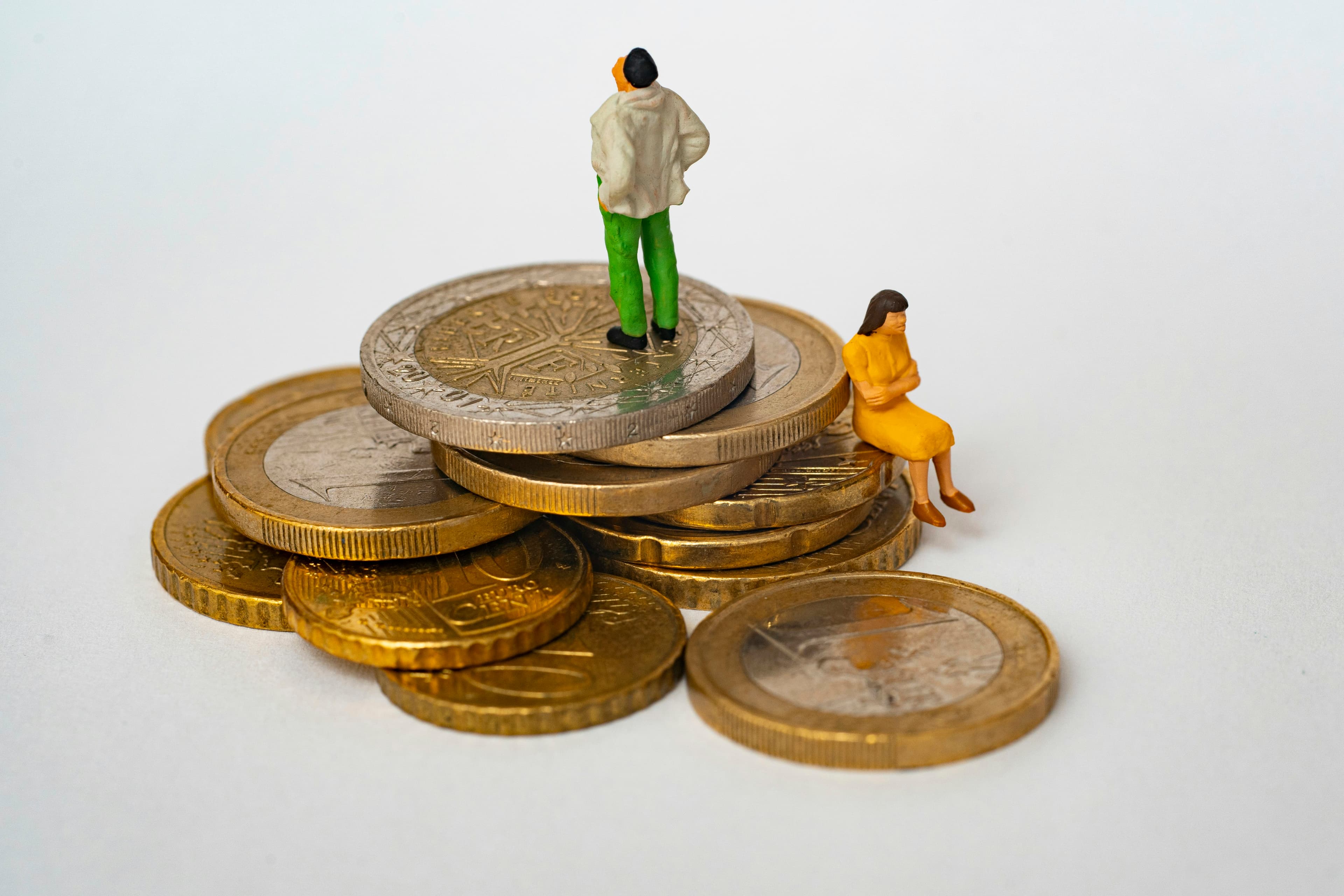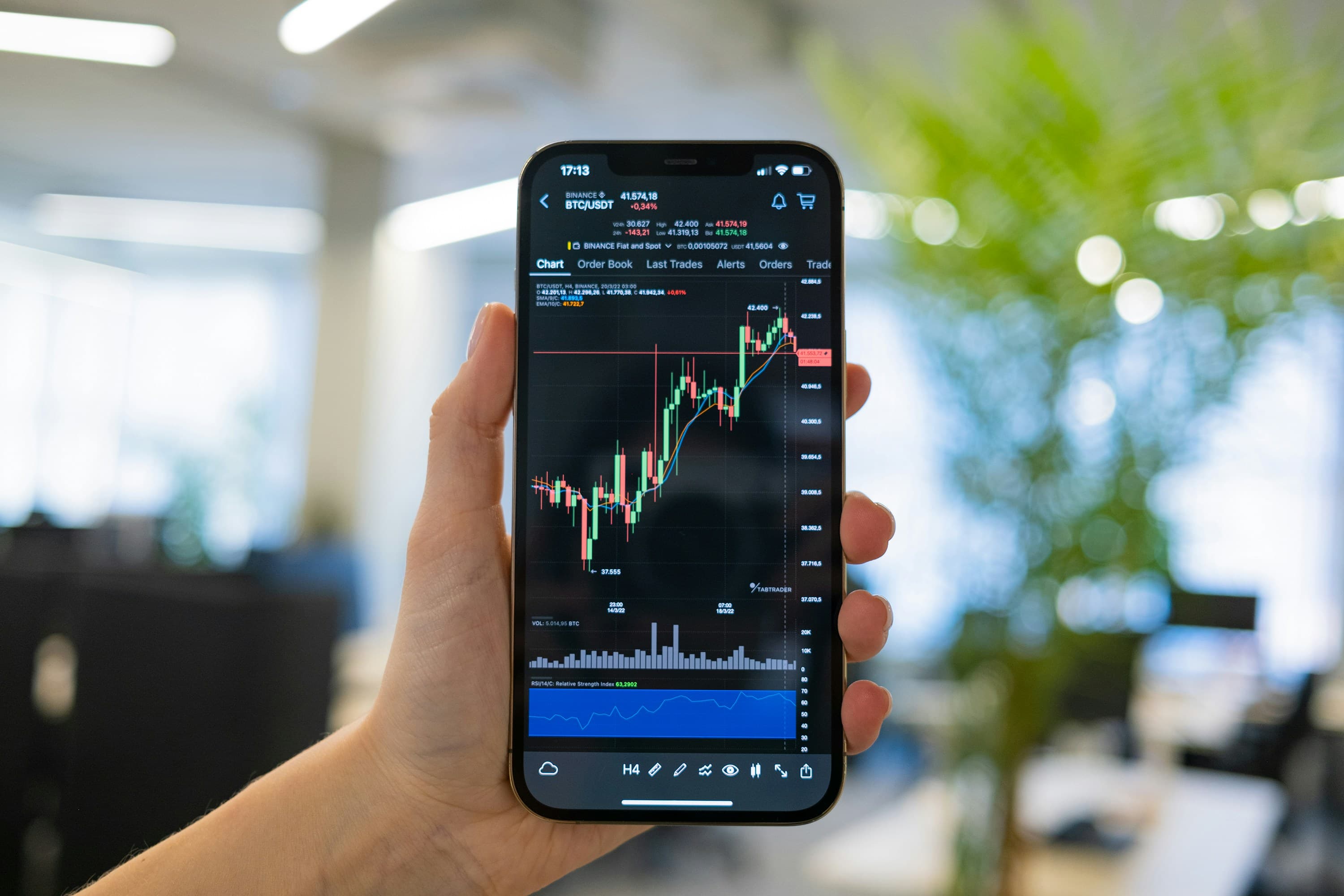My Personal Investing Playbook After a Financial Reset

My real education in finance came from two people: my father and my first boss, David Swensen. My dad lost his parents young and had to put himself through college and medical school with very little. When some family friends passed, they told him about stocks, and he bought IBM in 1959. Even when life felt like it was taking everything from him, he held onto those shares. He still has them.
Thanks to him, my siblings and I had an upper-middle-class life. We weren’t wealthy, but I felt secure and stable. My father’s advice about money, however, was always more directional than specific. He’d say things like, “don’t be a doctor, there are easier ways of making a living,” which was his way of talking about money. It wasn’t until I went to business school that I ever heard the phrase “pursue your passion.” The tricky part was that while he knew how to balance a checkbook, he wasn't fully financially literate, often carrying high-interest credit card debt when cheaper options were available. His advice on was a starting point, but I needed more.
Learning from a Legend
David Swensen, my boss at the Yale Investments Office for five years, was like a second father. He taught me everything my dad didn’t know about the mechanics of . He gave me a masterclass in before I could develop any bad habits, and his wisdom about life stuck with me just as deeply. Much like my dad, David wasn't a lavish spender, reinforcing the simple but powerful lesson of saving for the future. I absorbed everything he said.
For years after leaving Yale, I built a successful career applying his principles, eventually co-founding Protégé Partners. I made good money and didn’t have to think too hard about funding my life. But then, my financial world took a hit. After leaving my firm, I went through a divorce right as my income dropped sharply. My balance sheet was suddenly a fraction of what it once was. That feeling of stability I had known my whole life was gone, and it shook me. Looking back, I see how crucial solid and self-employed professionals is, because I was ill-prepared for the shock both financially and emotionally. I wish I’d had a financial plan.
Finding Stability and a New Strategy
After the dust settled, I had to redefine what contentment meant. It wasn't about stuff; it was about stability for myself and my loved ones. It was about sharing fun experiences and never having to worry about necessities. This became my new foundation. I also realized that the institutional strategies I had used for clients, like owning tax-inefficient hedge funds to show alignment, were completely wrong for me as an individual taxable investor. It took a while to find my footing again.
Here’s the framework I landed on. First, I keep a cash buffer to protect against lean years. This gives me a sense of stability and allows me to freely invest the rest with a true long-term horizon. I’m comfortable with market volatility and don’t believe in timing, so I stay fully invested. The key is playing to your strengths, a critical lesson for anyone . I’m a good contrarian buyer, a terrible short-term trader, and a calm owner through market storms. I also love backing great people.
My portfolio is built on this philosophy. I mostly own global equities through a mix of active and passive funds. While I’ll use an index ETF if I can’t find a better option, I strongly prefer active management. The debate over active vs. passive often misses the value of relationships. Partnering with active managers gives you access to people, ideas, and opportunities that an index fund never can.
My Approach to Individual Stocks
Alongside funds, my approach to focuses on a few specific buckets. First, I replicate investments in managers I admire. For instance, I bought Brookfield Asset Management because I understand their strategy and shareholder alignment. I don’t follow their quarterly reports, but I believe in what they're building.
Second, I own a few growth stocks with long runways that I’m confident I’ll still want to own in a decade—companies like Amazon, Alphabet, and Shopify. Finally, I have a small, opportunistic bucket for “fliers” in dynamic sectors like biotech. I know very little about these companies, so I only invest alongside managers I trust who have done the work and have high conviction.
I’ve learned the hard way to stick to what I know. Anytime I’ve strayed and bought a stock I heard about from a manager that didn’t fit my framework, I almost always sold it at a loss within a couple of months. It’s a constant reminder to practice what I preach.
I’ve also added tax-loss harvesting to my process during market downturns like in March 2020—a wrinkle I never considered in my institutional days. It feels good to do something productive when markets are turbulent. Finally, I invest in a few private equity funds with managers pursuing unique strategies, many of whom I’ve connected with through my podcast. These strategies, combined with my cash buffer, provide the stability I crave while allowing my capital to compound for the future. This effective system is what allows me to build a good life for my family.







